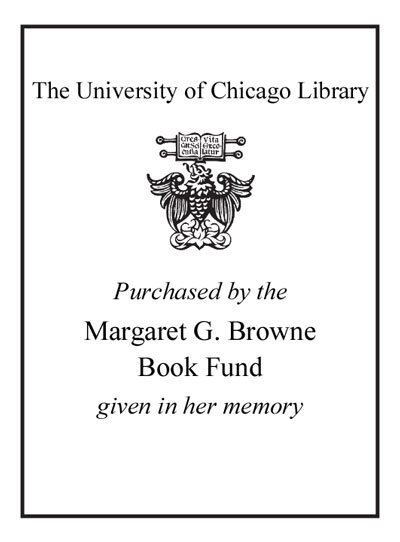| Summary: | David Hume launched a historic revolution in epistemology when he showed that our theories about the world have no probability relative to what we think of as our evidence for them, hence that the distinction between justified and unjustified theories does not lie in their different probabilities relative to that evidence. However, allies in his revolution appeared only in the 20th century, in the persons of Sir Karl Popper, Nelson Goodman and W. V. Quine. Hume's second great contribution to the field, which remains unrecognized to this day, was to propose what is now known as reflective equilibrium theory as the framework within which justified and unjustified theories are rightly distinguished. The core of this book comprises an account of these developments from Hume to Quine, an extension of reflective equilibrium theory that renders it a general theory of epistemic justification concerning our beliefs about the world, and an argument that all four of these thinkers would have endorsed that extension. 0.
|
|---|

